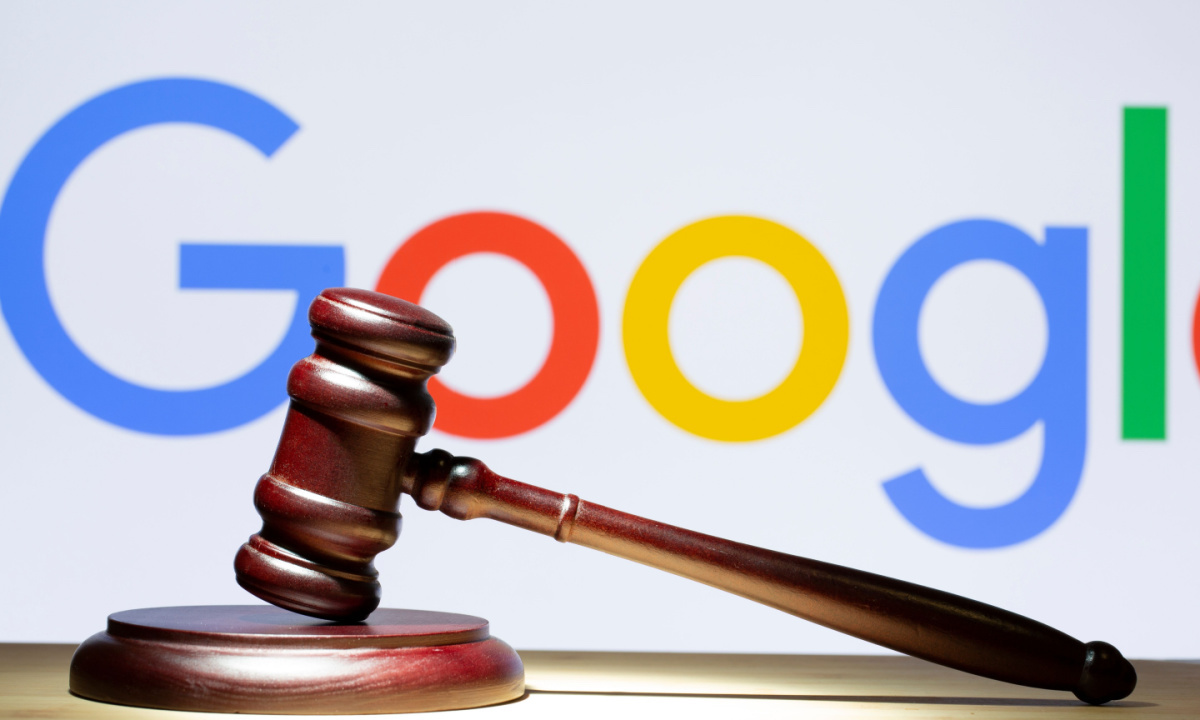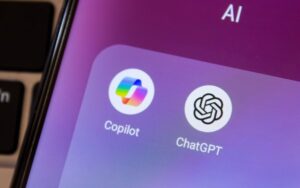Antitrust Trial Uncovers Google’s Decision to Decline Partnership with OpenAI

OpenAI’s Partnership Bid with Google
Last summer, OpenAI, the development company behind ChatGPT, sought a partnership with Google to enhance its AI model. However, this proposal was rejected. The revelation came to light during court proceedings related to the Department of Justice’s (DOJ) antitrust case against Google. During a session held on April 22, Nick Turley, OpenAI’s head of product for ChatGPT, testified about the circumstances surrounding this missed opportunity.
Context of the Partnership Attempt
OpenAI encountered difficulties with its existing search provider, Microsoft Bing, as cited by Turley in court. He mentioned that ChatGPT was still years from being able to conduct most queries independently using its own search technology. This gap prompted OpenAI to approach Google for an integration involving an application programming interface (API) that could enhance ChatGPT’s ability to provide accurate and timely responses. Unfortunately, as per Turley’s testimony, Google declined this request in August, indicating concerns over potential competition arising from such an integration.
Antitrust Proceedings Against Google
The antitrust trial led by the DOJ, along with a coalition of state attorneys general, could potentially disrupt Google’s core operations. In the initial statements of the trial, DOJ prosecutors argued that Google’s monopoly in the search market could offer it a competitive edge in the rapidly evolving landscape of artificial intelligence. They suggested that Google’s AI products often directed users to its search engine, thereby amplifying its dominance.
U.S. District Judge Amit Mehta ruled in August that Google had unlawfully maintained a monopoly on online search through exclusive agreements with the smartphone manufacturer Samsung, designating Google as the default search engine. Evidence presented during the trial indicated that Google had considered exclusive partnerships not only for its search services but also for its Gemini AI application and Chrome browser. However, the company later shifted towards less restrictive arrangements, allowing flexibility for device manufacturers and carriers to include other search and AI options.
Google’s Argument and Response
Google, in its defense, contended that its non-exclusive deals sufficiently addressed concerns raised by Judge Mehta’s ruling. The company is facing pressure from the DOJ, which aims to impose a complete ban on Google’s practice of providing financial incentives in exchange for the installation of its search app. This scrutiny emphasizes the ongoing dialogue about market competition and fair practices within the tech industry.
Perspectives from Google Executives
On the second day of the trial, Google executive Peter Fitzgerald testified that the company’s current agreements do not prevent mobile device manufacturers from incorporating competing AI products into new devices. This statement aligns with Google’s argument for maintaining a competitive environment while delivering its services.
According to reports, there have been discussions regarding OpenAI’s interest in acquiring Google’s Chrome browser in case its parent company, Alphabet, is compelled to sell it. However, Google has not formally put Chrome on the market.
Google’s Competitive Landscape
In response to the lawsuit and accusations regarding monopolistic practices, Google maintains that it faces significant competition, specifically pointing out rival firms like Meta Platforms and Microsoft. The company is expected to appeal any potential breakup order that could reshape its business structure.
The ongoing court proceedings not only reflect the complexities of the tech industry’s competitive dynamics but also demonstrate the increasing intersection of AI development and regulatory scrutiny.






